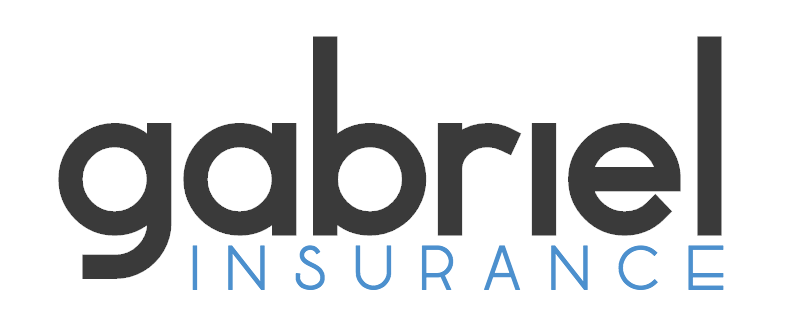
As we work to find normalcy in our interrupted routines due to COVID-19, it can be comforting to have tips for approaching new situations. Virtual doctor visits may be new for you, but if you’re feeling apprehensive have no fear. This article will help ease any concern. See the outlined tips below or to view the full article click the link at the bottom!
Doctor Mora Gordon gives the following tips on getting the most out of your telemedicine visit:
- “If you don’t have a doctor yet, get one. Because of the pandemic, many primary care providers are allowing new patients to establish care via a telemedicine appointment.”
- “Emergencies are still emergencies.…Ask yourself if, in pre-pandemic times, these symptoms would have led you to call your doctor in the middle of the night for advice, or at least made you call for a same-day appointment the next morning.” (If you’re not in need of immediate help you may want to try calling the ER before calling 9-1-1)
- “Help the triage nurse. To get the most out of this triage call, try to summarize what’s going on in one or two sentences. Start with your most urgent symptom first, note how long it’s been going on, and tell that triage clinician what’s changed.”
“Before the appointment”
- “Prepare for the conversation: Make a List. Even for in-person visits, I always recommend that my patients write down a list of two or three issues they want to address, so they won’t forget anything important.
- “Keep track of when your symptoms started and if they’ve changed. Keep a brief record of when symptoms occur, what seems to trigger or aggravate them, and what alleviates them.”
- “Take and send a photo of obvious symptoms.” (i.e. rashes, bites, moles)
- “Address routine issues before the visit, if you can. Medication refills, notes from a doctor that are required by your employer or insurer, or other paperwork may not even require a telemedicine visit.”
“Be Ready to Talk”
- “Call from a quiet place. So many of the telemedicine appointments I’ve fielded during the coronavirus pandemic have been tough for a simple reason: It was hard to hear.”
- “Avoid phone tag. Be prepared to answer your phone at the appointed time, even if it comes from an unknown number.”
- “Use health tech and equipment to your advantage. Have on hand any medical devices your doctor has prescribed or recommended, such as an oral thermometer, a bathroom scale, a home blood pressure monitor and, if you have diabetes, a glucometer.”
- “Sometimes an office visit is best. Know that for urgent issues, your doctor’s office is still open for business. In my experience over the last few weeks, the telemedicine approach has worked really well for certain, straightforward concerns — medication refills, contraception questions, or skin problems that can be easily examined with a photo.”
As always it is important to exercise and eat a balanced diet to help prevent many of the diseases you may come across or to lessen the effects of ones you already have. There is a plethora of information on the internet you can find to be the healthiest you can be. Just be sure it comes from a source you trust!

Leave A Comment
You must be logged in to post a comment.